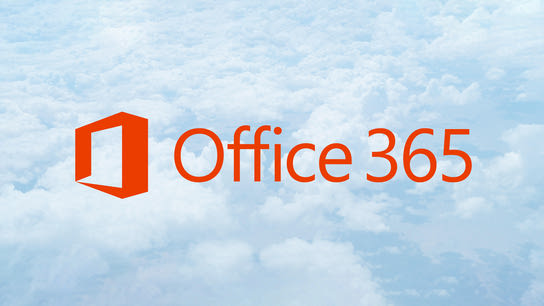One year ago, Microsoft announced they’d begin to offer their Office 365 subscribers unlimited storage on Microsoft’s OneDrive file-hosting service, and proclaimed that storage limits just became a thing of the past.
Last week, Microsoft sent all their paying customers back into the past and reimposed a hard 1 Terabyte limit on their storage service. As a paying customer, I feel cheated and promptly canceled my Office 365 subscription. It was never about the Office program suite anyway.
I believe Microsoft used the unlimited storage ploy to boost the subscription numbers for their Office 365 service. However, they attracted the wrong kind of customer. The kind of customer that doesn’t use Office and only want a place to store their digital life.
Ars Technica sums up the problem nicely: It turns out that if you offer unlimited storage to people, a few of them take you at your word and trust that you are truly offering unlimited storage, and then they start using it.
[1]
“Unlimited” never truly meant unlimited as I knew the OneDrive service had an upper limit of 20 000 files. I kept a little over 7000 files in my OneDrive and was aware that one day, eventually, this limit would become a problem. My 837 GB included mostly things like audiobooks, ebooks, music, and some movies. I like to keep a separate copy of my purchases from digital media services like Audible and iTunes as a fear losing access to my digital library over silly things like account cancelation. OneDrive’s unlimited offer sounded like the perfect match.
I’ve been an Office 365 subscriber since February this year and have stored 837 Gigabytes on the bundled OneDrive service. Although I’m still underneath the new 1 Terabyte limit, the promise of “unlimited storage”—if I ever needed it—was the primary reason why I chose the service over its competitors for my storage needs. I didn’t keep any personal files there and treated the service like my digital media locker.
Even as someone who enjoys writing, I’ve never seen a need for Microsoft Word nor the rest of the Office programs. Their document format interoperability is poor and every new version of the product strip away more and more of the advanced functionality that once made them attractive. No one needs Office anymore. Simple things like different line endings or varying locale decimal separators cause the programs to perform worse than pretty much all their competitors.
Competing office suites like LibreOffice are available for free. Microsoft needs to bundle Office 365 with other services to make it attractive. Cheap file storage worked, but I can’t see they’ve much else of interest that they could offer in its place. A new Windows+Office subscription seems like an inevitable product bundle in the slight future. However, we haven’t seen Microsoft’s monetization plan for their new generation of operating systems so its hard to tell for sure.
It took me a little shy of 40 minutes to get a refund for my remaining subscription time. The Office Subscription Support representative I chatted with flatly denied that the company was offering refunds and claimed that “The time-limited 1 TB promotion has ended.” I’d to flood-copy-paste the chat with a link to the blog post and the below quote station that Microsoft would be offering refunds to anyone who asked before he stopped talking and started listening. It was not one of the better support experiences I’ve had with Microsoft, who are usually handling these things efficient and satisfactory.
If you are an Office 365 consumer subscriber and find that Office 365 no longer meets your needs, a pro-rated refund will be given.
The quote[2] I’d to repeat 12 times to finally get the promised refund.
I haven’t found a replacement service for OneDrive yet, though Arq Backup looks attractive. With Arq, you can store your files encrypted on multiple interchangeable file hosting providers. I’m hesitant to commit to it as they don’t have a client available for Linux yet.
